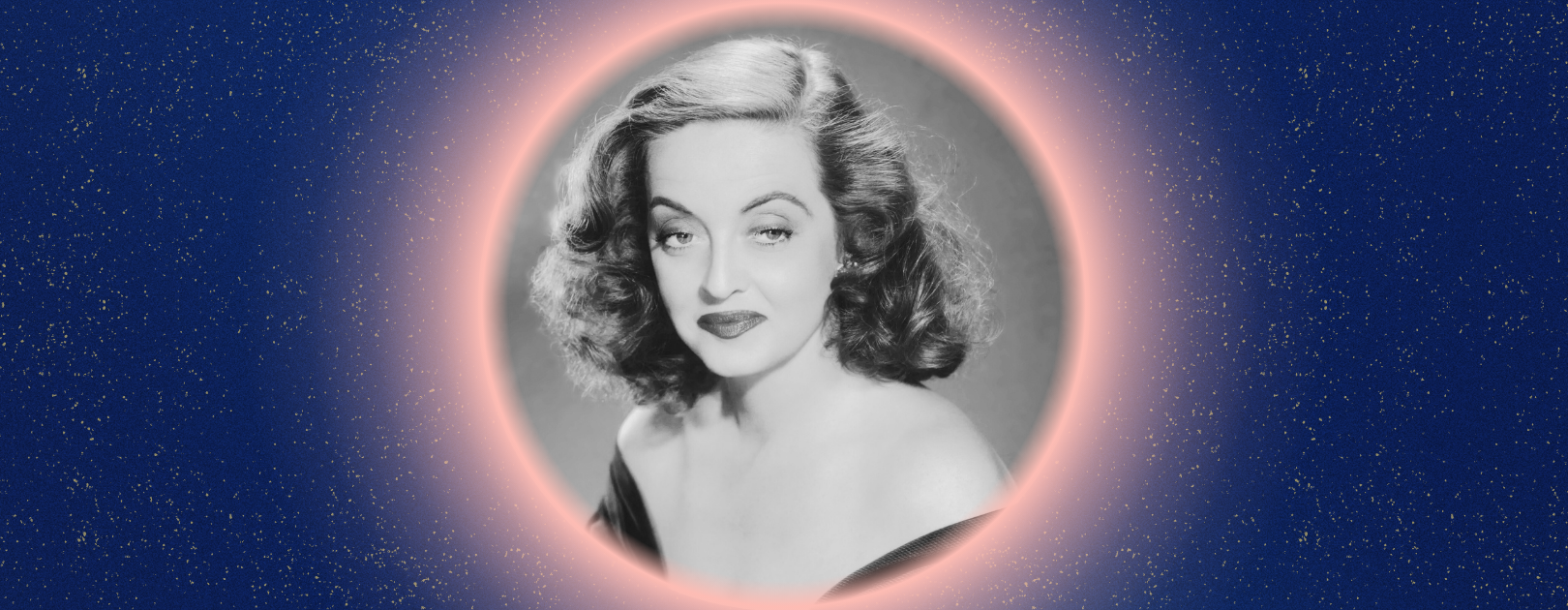Table of Contents
When our village movie club gathered to dissect Joseph L. Mankiewicz's masterpiece All About Eve, we found ourselves unpacking layers of meaning that extend far beyond the glittering surface of Broadway glamour. On the surface, this film is about the cycles of female theatrical ambition—but beyond that, it is a complex meditation on womanhood, power, and the serpentine nature of female competition in patriarchal spaces.
All About Eve (1950) theatrical trailer
The Garden of Eden in Stage Lights
The Biblical allegory woven throughout All About Eve operates on multiple fascinating levels. Our discussion group immediately picked up on the film's deliberate use of language—characters describing each other with words like "venomous" and "poisonous viper"—that directly echoes the Genesis narrative. But here's where it gets interesting: Is Eve Harrington meant to represent her Biblical namesake, the innocent who succumbs to temptation? Or is she the serpent itself?
The visual symbolism supports the latter interpretation. In countless religious artworks, the serpent is depicted with feminine features, making Eve both tempter and tempted. The Sarah Siddons Award that Eve finally claims could easily represent that forbidden fruit, the prize that reveals all the corrupting knowledge of the theatre business once she's tasted success.
This reading transforms Eve from a simple social climber into something more archetypal and disturbing: the feminine force that disrupts established order, not through innocence, but through calculated manipulation.
Career Women and the Feminine Ideal
Margo's Philosophy of Womanhood
The film's treatment of career versus traditional femininity deserves particular scrutiny through a feminist lens. When Margo Channing, brilliantly embodied by Bette Davis, reaches her emotional nadir, she articulates a painfully revealing philosophy to her friend Karen:
This moment crystallizes the film's central tension between professional achievement and feminine fulfilment as culturally defined. Margo's vulnerability here isn't just personal—it reflects the impossible double bind facing ambitious women in 1950s America.
The Theatre as Microcosm
Our group debated whether Mankiewicz was specifically targeting the theatre industry or career ambition more broadly. The answer likely lies in the historical context: show business was one of the few industries where women could achieve genuine professional power and financial independence. By setting his cautionary tale in the theatre, Mankiewicz was examining the most visible space where women challenged traditional gender roles.
The implication becomes clear: any woman who steps into the public sphere, away from "husband, home, and hearth," risks corruption of her essential femininity. It's a deeply conservative message wrapped in sophisticated dialogue and stellar performances.
Karen Richards: The Radcliffe Exception
Education and Female Agency
While the film's anti-feminist undertones are undeniable, Karen Richards (Celeste Holm) emerges as a more complex figure than initially apparent. Her Radcliffe education, a detail that clearly rankles the self-taught Margo, represents intellectual achievement that sets her apart from traditional supporting wife roles.
Karen's most incisive line cuts through the film's gender politics with surgical precision. When her husband Lloyd dismisses her "bitter cynicism" as something acquired since leaving Radcliffe, she retorts:
This moment acknowledges the systematic nature of gender inequality while maintaining Karen's agency within it.
The Intellectual Woman's Dilemma
Karen's late-night moment of suspicion about her husband reveals another layer of the feminine trap. As she lies awake worrying, she recognizes that she's doing "the only thing a woman with nothing else to think about could do—worry about her man." Even the educated, intellectually capable woman finds herself reduced to domestic anxiety in the private sphere.
Male Gaze and Female Relationships
The Paradox of Women's Stories
The most fascinating aspect of All About Eve is how it functions as a quintessentially women's film, focusing entirely on relationships between female characters, while being filtered through what Laura Mulvey would later identify as the male gaze. The entire plot revolves around the dynamics between Margo and Birdie, Margo and Eve, Karen and Eve, Margo and Karen, and ultimately Eve and Phoebe.
Yet the narrative structure positions Bill Sampson, Margo's younger fiancé, as the story's moral centre and hero, despite his limited screen time. Lloyd Richards remains largely passive, easily manipulated by the women around him. Only Addison DeWitt, the poisonous theatre critic, matches Eve's calculating nature, suggesting that manipulative behaviour in men is acceptable when it serves intellectual or artistic purposes.
Power Dynamics and Feminine Competition
The film's exploration of competition between women remains uncomfortably relevant. Rather than examining the systemic forces that pit women against each other for limited opportunities, All About Eve treats female rivalry as inherently destructive and personally motivated. This approach obscures the structural inequalities that create such competition in the first place.
Melodrama and Historical Context
Performance Styles and Social Change
One group member's observation about Bette Davis's melodramatic performance style opened an important discussion about changing audience expectations. The heightened emotional register that defined 1940s and early 1950s Hollywood reflected both technical limitations of earlier cinema and the theatrical traditions from which many actors emerged.
The shift toward realism in post-war cinema reflected broader cultural changes. Audiences who had experienced the harsh realities of World War II and the Depression were less receptive to the grand gestures and emotional extremes that had previously defined screen acting. This transition mirrors the broader social changes affecting women's roles—the movement from wartime independence back to domestic idealization.
Contemporary Relevance and Feminist Film Theory
All About Eve remains essential viewing for understanding how classic Hollywood negotiated anxieties about women's changing social roles. The film's sophistication lies not in its progressive politics (which are largely absent) but in its complex character development and the spaces it creates for multiple interpretations.
From a feminist film theory perspective, the movie demonstrates how even stories centred on women's experiences can reinforce patriarchal values when viewed through masculine narrative frameworks. Eve's ultimate success feels hollow not because ambition itself is corrupting, but because the film offers no alternative model for female achievement that doesn't require manipulation or sacrifice of authentic relationships.
The cyclical ending, with young Phoebe positioned to repeat Eve's pattern, suggests that this dynamic is inescapable rather than systemically constructed. This circular structure naturalizes female competition rather than questioning the limited opportunities that create it.
Conclusion: The Apple's Lasting Taste
All About Eve succeeds as both entertainment and cultural artefact, revealing the tensions inherent in post-war America's relationship with ambitious women. While the film's anti-feminist undertones reflect its historical moment, its complex character development and sophisticated dialogue continue to reward analysis.
The movie's enduring appeal lies in its honest portrayal of the costs of ambition within restrictive social structures, even if it fails to adequately question those structures themselves. For contemporary viewers, it serves as both a masterclass in character-driven storytelling and a reminder of how far, and how little, attitudes toward women's professional ambitions have evolved.
What remains most striking is how the film's central questions: Can women have both career success and personal fulfilment? What costs does ambition exact? How do systems of power shape individual choices? How do they continue to resonate in our ongoing conversations about gender, work, and identity in the modern world.
This post started life as my own rambling blog, but I've enlisted the help of AI to organize my thoughts and help Google actually find it - because apparently I'm rubbish at headings!





